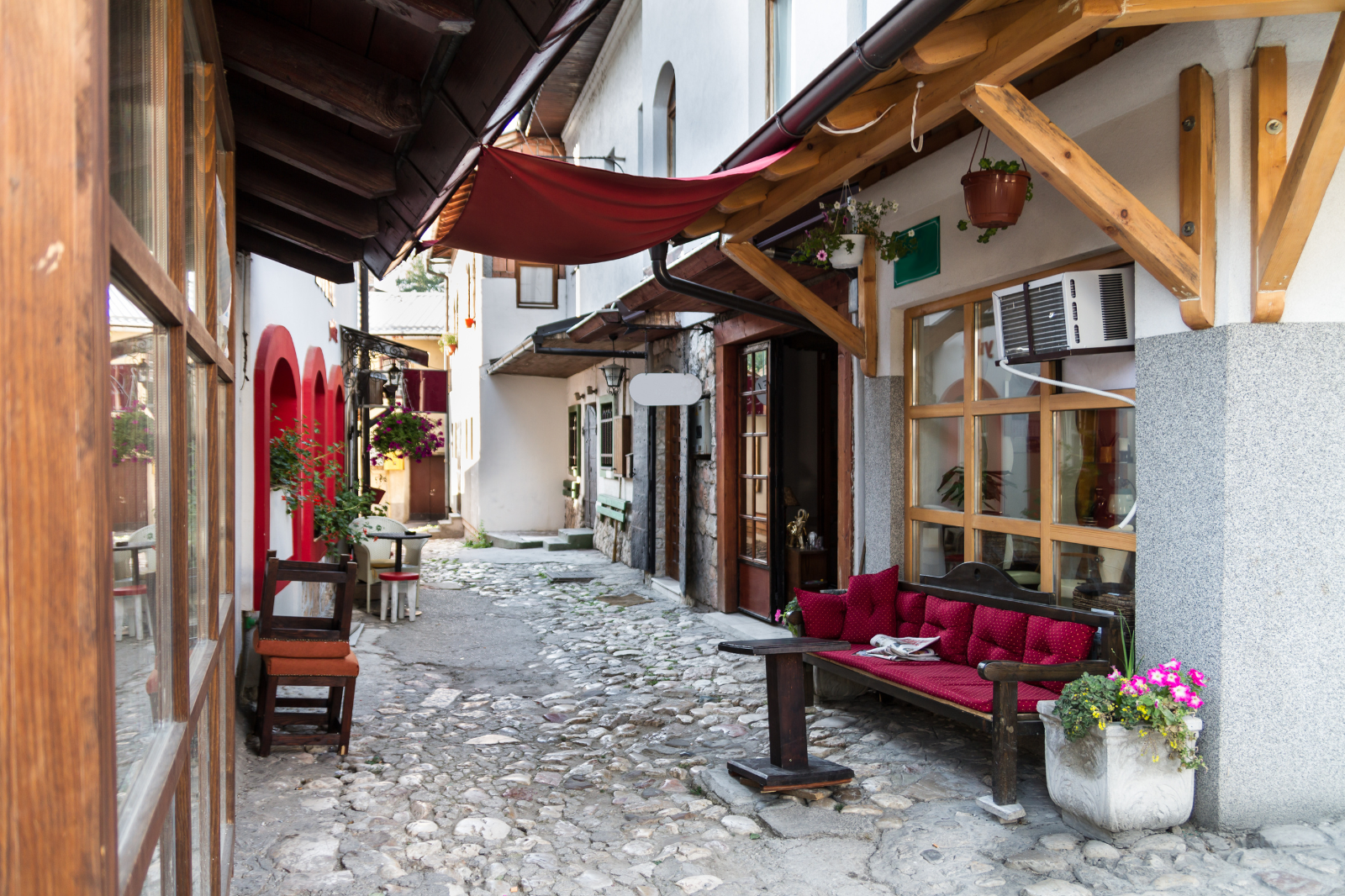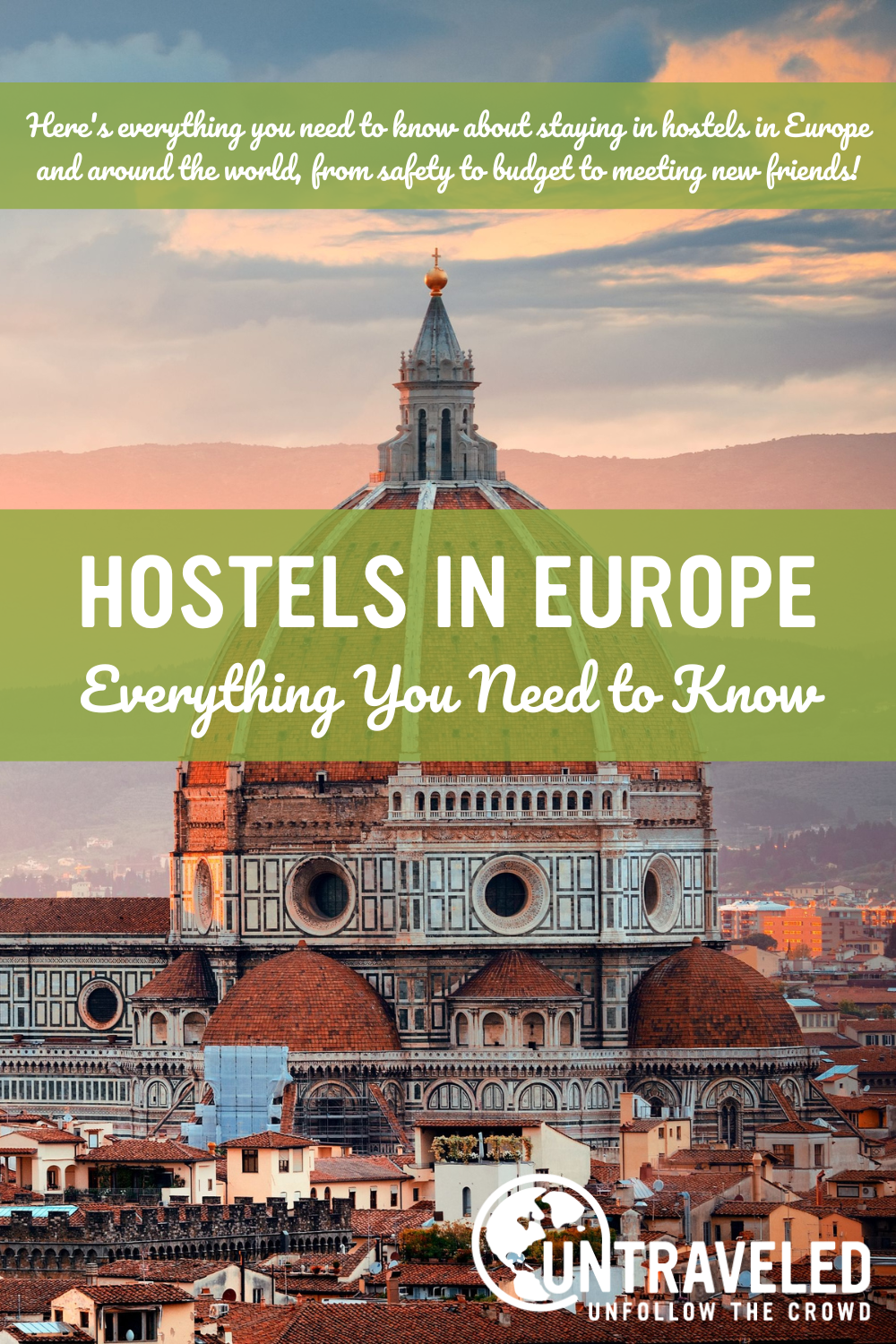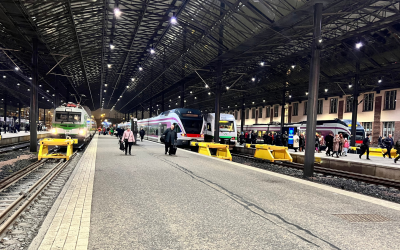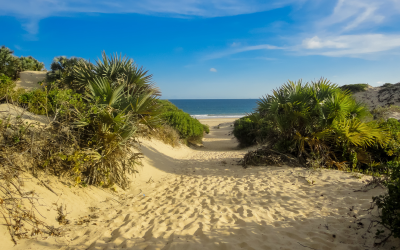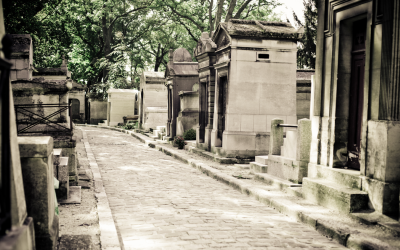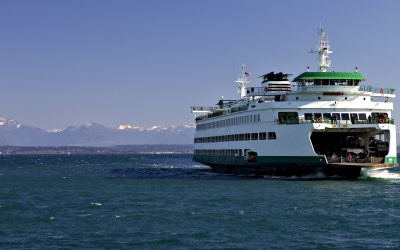For years, hostels have been popular among backpackers and budget-minded travelers. Did you know hostels can also be private, eclectic, and even a bit luxurious? In this article, you’ll learn what to expect when staying in hostels in Europe, from safety to socializing.
Location, location, location!
Hostel location is one of the most important factors to consider. Many hostels in Europe are situated in or near city centers, just steps from all the action. However, quieter accommodations can usually be found just outside the most popular parts of town. How will you be getting around during your stay? If you have a car, look for a place with parking included or nearby. If you plan on using public transportation, check out the nearest metro, railway or bus stations. Some hostels even include bikes and shuttles that are free or discounted.
Amenities
Amenities are an important part of any lodging experience. Do you require reliable WiFi for remote work? Are you interested perks like complimentary meals? European hostels are all different, which is what makes them great! It also means they all have different amenities. You might need to bring your own towel or padlock for your locker. Yes, lockers are considered an amenity in the hostel world! They provide travelers in shared rooms a secure place to store valuables while sleeping or exploring.

Are hostels safe?
Yes, hostels are perfectly safe. Like any travel experience, just be travel safety savvy. For instance, take advantage of that locker mentioned earlier. Many hostels give guests the option to book gender-specific shared dorms. Others offer private rooms for even more comfort and solitude. Typically, staff members are available 24 hours a day to make your stay as enjoyable as possible. Communicate with them if you have an issue or concern. Lastly, use your discretion when sharing personal information or travel plans with others, but don’t be afraid to make friends!
Make new friends!
Hostels in Europe are designed for socializing. They often include common areas which can be bars, workspaces, and game rooms. Guests are encouraged to mix and mingle and create their own travel memories with new friends. That being said, most hostels will be upfront in their descriptions about how much of a party crowd they attract. Many hostels enforce quiet hours so that travelers can get a good night’s rest after a full day of adventures. Carefully read hostel reviews to get an idea for what to expect from a particular hostel.
Budget
One of the best things about staying at a hostel is that they are budget-friendly. The simple, affordable, dormitory-style accommodations are perfect for backpackers and basic travelers who aren’t looking for anything fancy. If you’re looking to spend a bit more, consider booking a private room. Nowadays, many hostels in Europe even have options for ensuite private bathrooms. Especially in the off-seasons, these private suites can be significantly cheaper than hotel rooms with nearly identical design and comfort.
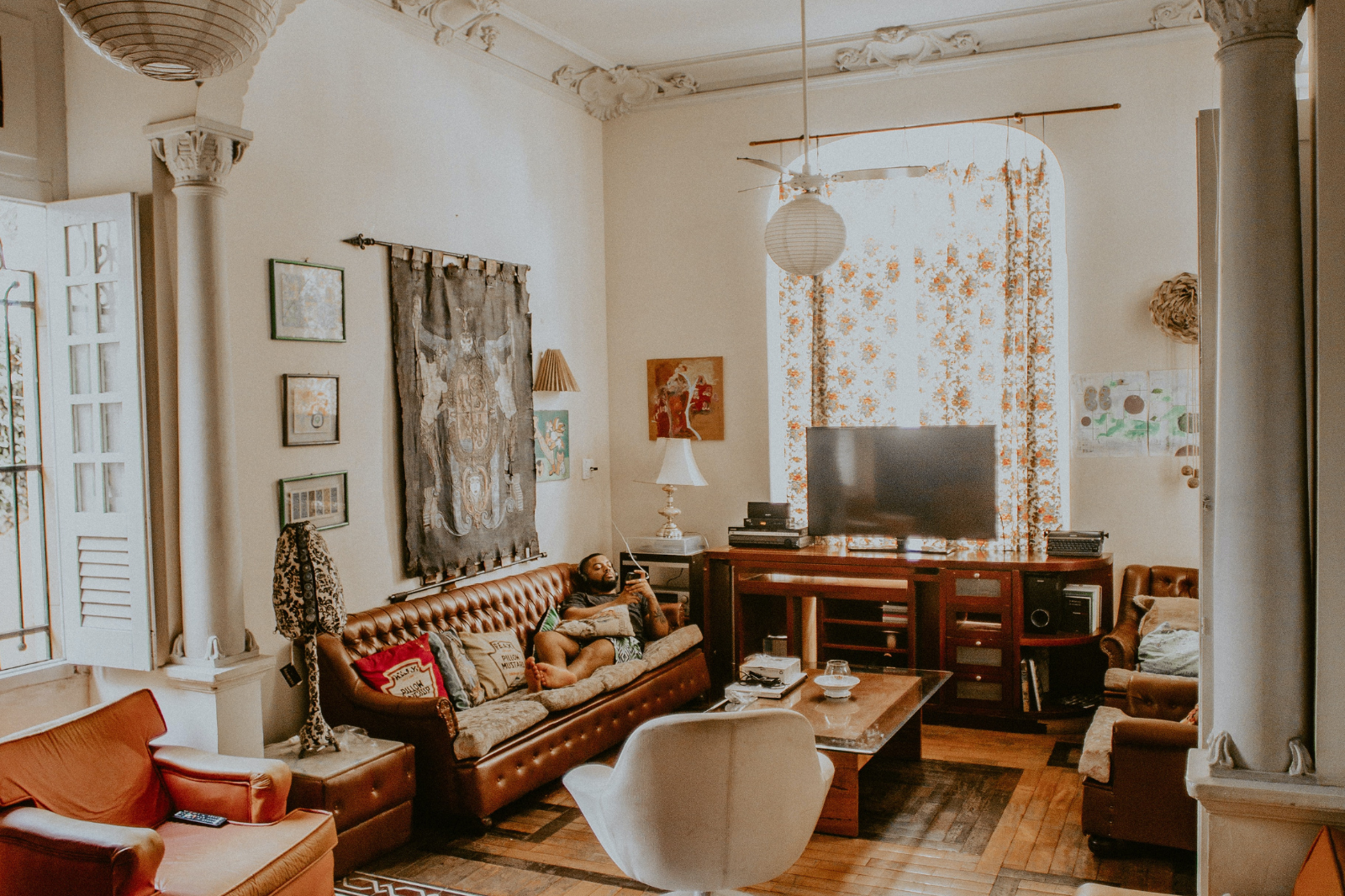
These are just a few of the highly-rated hostels in Europe’s most popular cities. Check these out for your next adventure!
- Dublin, Ireland: The Generator
- London, United Kingdom: Palmers Lodge – Swiss Cottage
- Reykjavik, Iceland: KEX Hostel
- Barcelona, Spain: The Central House
- Florence, Italy: Santa Monaca Hostel
- Munich, Germany: Jaeger’s
- Prague, Czech Republic: Sir Toby’s

